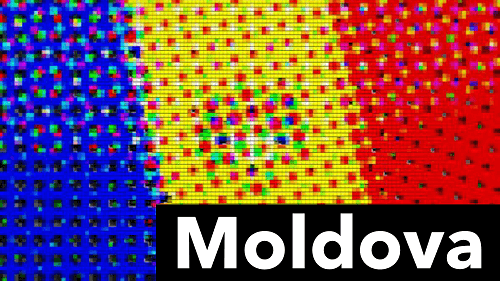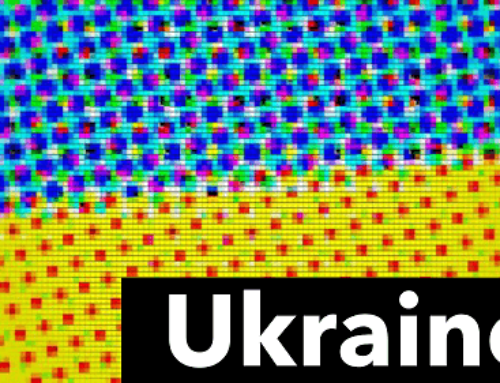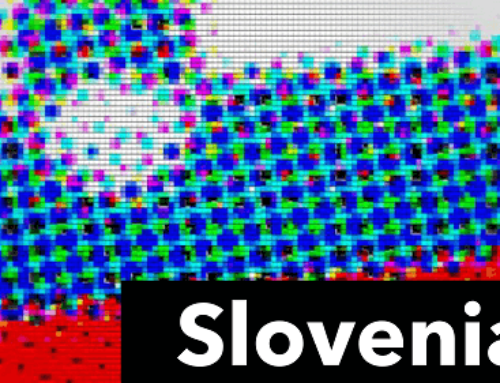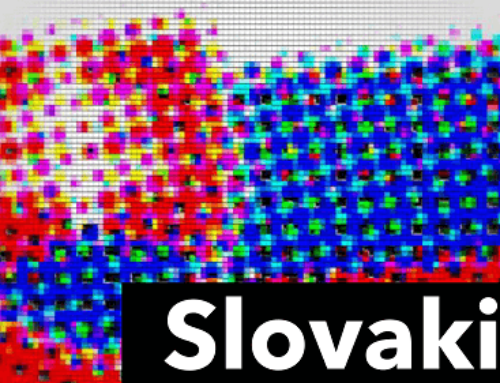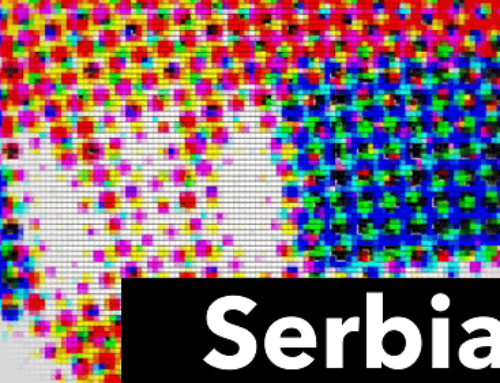Moldova, as a (in terms of area) small country, is characterized by ongoing economic problems, conflicts with Russia and corruption. The parliamentary democracy with only 3.5 million inhabitants is still fighting for economic and political stability. Therefore, a brief insight into its structures follows.
History of (in-)dependent Moldava
As early as 1917 there was already an attempt to exist as an independent country: the first democratic Republic of Moldova was proclaimed, but only existed for a year until it was annexed to Romania in 1918. During the Second World War, the country was incorporated into the Soviet Union – as the Moldavian Soviet Socialist Republic. The slow transition to statehood began in the 1990s, followed by separation movements that led to unrest and a split of the population. Independence was finally proclaimed in 1991. The constitution came into force in 1994, including a catalog of fundamental rights and the inclusion of the separation of powers.
It is striking that, particularly in recent years, there has been a deviation in political action from this constitution. In addition, the dependency on Russia has not been completely resolved to this day and there is still a very strong bond. [1]
Political Conditions
Contrary to what is stipulated in the constitution, the President of Moldova has a great deal of influence on the work of the government at the moment. Not only does he have formal political power, but he also represents the country internationally and proposes the candidate for the post of head of government. His term of office is four years, and he has been directly elected by the people since 2016; not by Parliament as before. A government crisis like the one that happened in 2009, when parliament was dissolved because of a failed presidential election, should not be repeated. Since 2020, Maia Sandu has held the office of President as a former Prime Minister. The Parliament has a four-year legislature and consists of 101 MPs. [2] The government, in turn, reports to the Parliament and is responsible for legislation. Currently there is no absolute majority of any party in parliament, but the socialist party BECS (Communist and Socialist Bloc) holds 38% of the votes and the party PAS (Party of Action and Solidarity) holds 33% [3]
Economy & International Relations
Moldova is still one of the poorest countries in Europe. The transition from a socialist state-centered economy led by the Soviet Union to a western-style market economy has not been smooth and is still not considered fully implemented. Nevertheless, agriculture is of great importance for the economy, which is why frequent natural disasters such as droughts have a negative impact on the entire economy of the country. In 2014, an agreement with the EU ensured a deepened free trade area, which resulted in an application to joint in 2022. Dependence on Russia is particularly evident in the country’s gas imports and the economy, which is heavily geared towards the Russian consumer market. The country was able to establish itself internationally through its accession to NATO in 1994, the WTO, the OSCE, the Council of Europe and the UN. [4]
Christine Tapler

